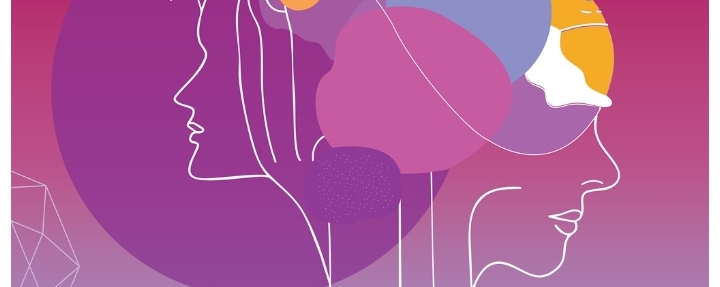More than half a million people in England are now living with a confirmed dementia diagnosis, the highest number on record, as the NHS rolls out new home monitoring technology to help patients stay safe and supported.
Figures released by NHS England show that 506,549 people are now living with a confirmed diagnosis, up from 490,163 recorded at the same point last year. Health leaders say the milestone reflects growing awareness, earlier detection, and more families seeking medical support.
In response to the rising demand, NHS hospitals are increasingly turning to new technologies designed to help patients remain at home safely. At Imperial College Healthcare NHS Trust, a programme known as MinderCare is being piloted.
Read Also: David May interview: I know of five former Manchester United players with dementia
The system uses discreet sensors on beds, kitchen appliances and doors, enabling clinicians to track daily routines, medication use, and early signs of illness.
By flagging subtle changes in health and behaviour, the technology aims to prevent avoidable hospital visits. Families involved in the trial have reported feeling reassured that loved ones are being monitored, with care teams able to adjust support more quickly if problems arise.
Over the past year, more than 330,000 people with dementia have had personalised care plans arranged through the NHS, while just over 114,000 have received medication reviews, says Independent report.
Professor Jeremy Isaacs, national clinical director for dementia at NHS England, described the latest figures as a sign of progress.
“We have a record more than half a million people diagnosed with dementia, many of whom are living in their own homes with support from family and friends
“Getting a diagnosis of dementia is the first step in supporting people, with a wide range of NHS services able to help.
“If you have noticed that someone has symptoms, please encourage them to visit their GP for an assessment – the sooner someone is seen the quicker the NHS can help. “
Charities have welcomed the increase in diagnoses but stressed that many remain undiagnosed. Kieran Winterburn, head of national influencing at Alzheimer’s Society, said:
We understand that getting a dementia diagnosis can feel overwhelming, but we believe it’s better to know.
“An early and accurate diagnosis can unlock access to crucial care, support and treatment – helping people manage their symptoms and avoid reaching crisis points.”
“It’s promising to see more people receiving a dementia diagnosis, and we must keep up this momentum.”
The MinderCare service, backed by the medical research charity LifeArc, is expected to include 100 patients in a study by September 2025 to assess whether it can be offered more widely across north-west London.
Would you like me to make this read more like a formal health policy report or a public-facing newspaper article with more human-interest emphasis?



